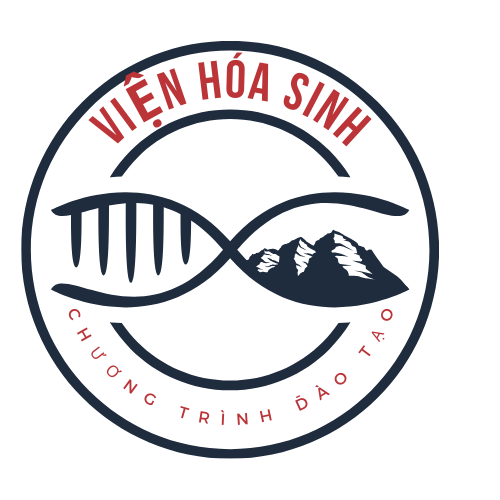Smart drugs have surfaced as a hot topic in the world of brain health. Whether you’re a student pulling all-nighters, a professional juggling deadlines, or simply someone chasing peak productivity, nootropics promise to enhance your cognition.
So, what are nootropics really? They can be natural herbs or man-made compounds designed to supercharge your mental game. They aim to help you with memory, focus, creativity, or even motivation
## Types of Nootropics
Let’s dig into the main types of nootropics:
### Nature’s Brain Boosters
These include things like herbal extracts, vitamins, and adaptogens. Think of Ginkgo Biloba, Bacopa Monnieri, Rhodiola Rosea, Ashwagandha. These are often used for their antioxidant properties, stress-relief, and memory enhancement.
Lion’s Mane mushroom is a standout—it supports neuron growth and may slow age-related decline.
### 2. Synthetic Nootropics
This category includes things like Modafinil, Adrafinil, and Racetams. They were originally created for medical conditions like dementia and ADHD.
If you’ve ever wanted to work 12 hours straight with a smile, Modafinil might be why.
### Smart Supplements
Some nutrients are directly linked to better cognitive performance. Omega-3 fatty acids (DHA), B-vitamins, magnesium, choline—all play vital roles. Your brain’s not broken—it’s just thirsty or missing a few minerals.
## How Nootropics Work
Here’s where it gets science-y Nootropics affect neurotransmitters, brain waves, and blood flow. This can result in better concentration, faster recall, and a sharper mind.
Acetylcholine is like the Wi-Fi of your brain—faster and more connected.
## What’s the Hype?
Here’s what users report:
– Faster recall
– Less procrastination
– Enhanced mood and motivation
– Quicker grasp of complex concepts
– Reduced anxiety and stress
Of course, not everyone reacts the same, but many report a mental edge that’s hard to ignore.
## What to Watch Out For
Let’s talk risks. Side effects can include nausea, anxiety, or irritability. Your brain’s not a test lab—be careful what you throw at it.
And not all nootropics are created equal. If it sounds too good to be true, it probably is.
## Combining for Maximum Effect
A popular practice is stacking—combining multiple nootropics for synergistic effects. Examples include:
– **Caffeine + L-Theanine**: Like espresso with a meditation app
– **Modafinil + Alpha GPC**: Serious workhorse blend
– **Bacopa + Rhodiola + Lion’s Mane**: Nature’s nootropic cocktail
Too lazy to mix powders? There are ready-to-go nootropic blends available.
## Who Uses Nootropics?
It’s not just biohackers and Reddit nerds anymore. Common users include:
– Sleep-deprived college kids
– Tech workers and programmers
– Esports players
– Writers, creatives, and musicians
– Older adults preventing cognitive decline
## Beginner’s Guide
So how do you start? Follow these steps:
1. **Start small**: Try natural supplements first
2. **Research thoroughly**: Know what you’re putting in your body
3. **Cycle your usage**: Give your brain a breather
4. **Track your results**: Use a journal or app
5. **Talk to a doctor**: Don’t wing it if you have health conditions
## Wrap-Up
They won’t make you Einstein overnight, but they might help you think a bit clearer. With the right mindset and care, nootropics can be part of a smart productivity plan.
The future of brain enhancement might already be in your pillbox.
Read more: omeka.net (best nootropics cognitive enhancers)
